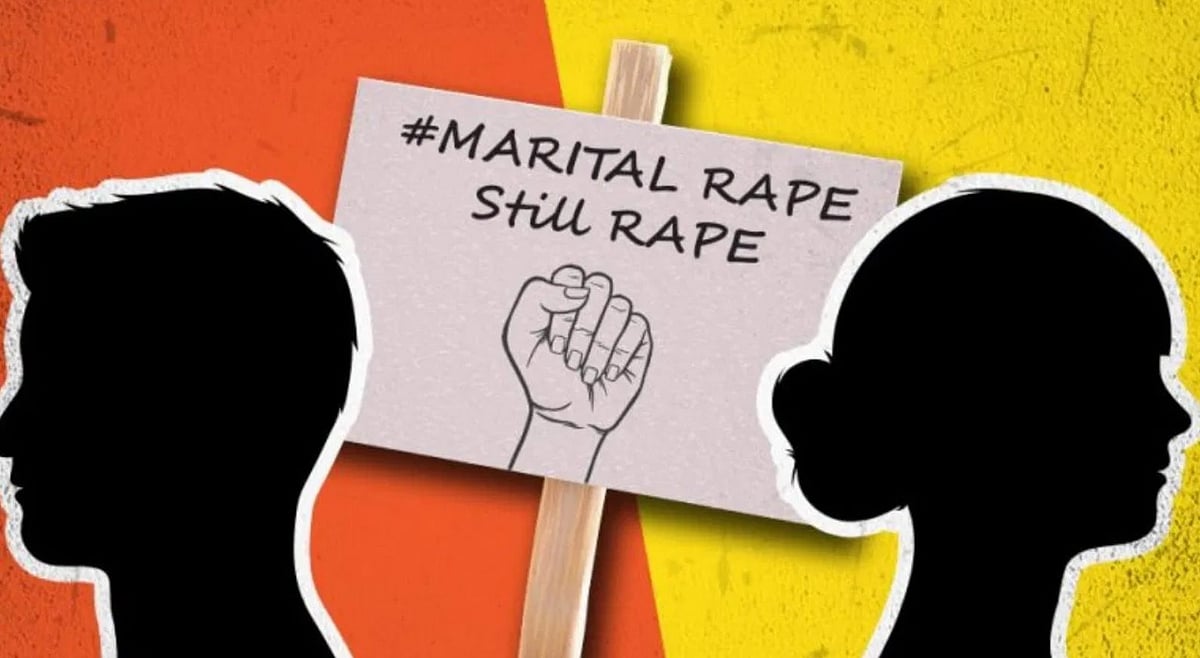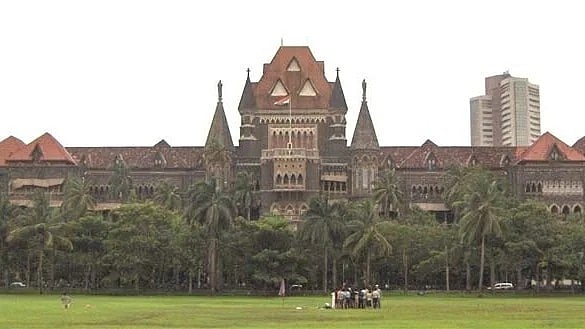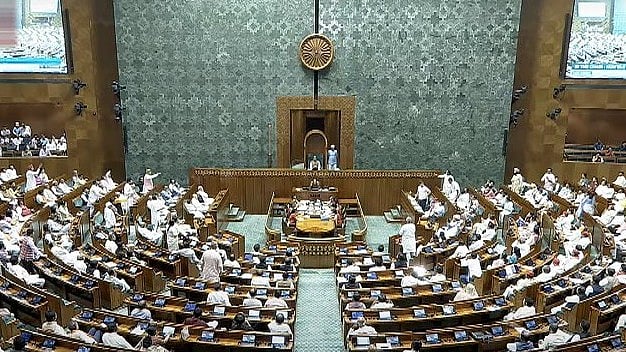‘No’ means ‘no’. It’s that simple. There is nothing ambiguous or fuzzy about consent. Be it ‘no’, ‘not now’, ‘maybe later’, ‘keep your distance’ or ‘I have a headache’, all these phrases are a line in the sand that, if transgressed, constitute sexual assault. The sole exception is the institution of marriage, where consent is taken for granted.
Thus far, the government’s view has been that marital rape is a non-sequitur. A married woman is assumed to have granted a priori consent. In effect, marriage indemnifies the perpetrator against a charge of rape, and the victim’s only recourse is to seek separation.
In this day and age, that sounds terribly retrogressive. Naturally, the government is reluctant to articulate its position on the marital rape exception, as enshrined in Section 375 of the Indian Penal Code (IPC). The Delhi High Court, tired of the Centre’s waffling on the issue, has refused to allow it more time to consider its position. The government will now have to stop pussyfooting and pick a side.
Leaving it to the courts
It would far rather pass the buck to the courts. It is damned if it supports the marital rape exception and damned if it doesn’t. Given the undeniable propensity to abuse protective legislation, such as section 498 A of the IPC, let us accept that striking down the contentious provision of Section 375 could open a can of worms - but that doesn’t mean it’s valid.
Back in 2013, the J S Verma panel recommended that the marital rape exception be withdrawn. But Parliament’s standing committee on home affairs had expressed fears vis-a-vis the impact of that decision on marriage per se. After all, there’s nothing to stop angry wives from yelling ‘rape’.
Section 498 A
A vast number of husbands and in-laws found themselves at the receiving end of section 498 A, introduced in 1983, to protect women from harassment for dowry or outright cruelty, a cognizable and non-bailable offence. Initially, the police were reluctant to accept complaints or register FIRs, and this invited severe strictures from the courts.
Swinging to the other extreme for fear of the judiciary, the police adopted a ‘jail first, ask questions later’ strategy. While many of the cases were doubtless legitimate, some brides sought revenge for minor slights by putting husbands and in-laws behind bars (or allegedly demanded large out-of-court financial settlements to keep them out of jail).
Matters reached such a pass that the Supreme Court was forced to intervene. It acknowledged that many such complaints were not bona fide and some were downright frivolous, besides ruling out any chance of a reconciliation between husband and wife. As of the last five years, a complaint under 498 A must be properly verified before the police can make an arrest.
Law against rape
Likewise, a strict law against rape has been in place since 2013, and any cop who has worked in the field knows that it’s not uncommon for a ‘woman scorned’ to claim sexual assault, even after a long-standing relationship.
That said, every law has the potential for abuse. Defamation, for example, has long served as a tool for harassment. Besides, repeated adjournments or frivolous petitions can indefinitely prolong a case. However, the very fact that a minority of litigants choose to abuse a legal provision or process doesn’t render them infructuous.
The controversial clause protects perpetrators of sexual assault. Bear in mind that marriage implies consent to conjugal relations, and not to abuse. A wife cannot be expected to be open to ‘anytime, anywhere’ sex in any form. Legal procedures take time, so she must have the option to claim immediate protection from the police against her abuser.
Marital rape exception
Medieval British jurisprudence is the source of the marital rape exception. Back in the 19th century, writer and social reformist Caroline Norton left her husband, George Chapple Norton, an unsuccessful barrister and an MP. He retaliated by denying her access to her children and her own money. The case led to a clamour for reform of marriage and divorce laws. Today, spousal rape is an offence under British law. Many other countries have similar laws; India is one of the few that doesn’t.
Marital rape is a form of domestic violence and is thus covered under the Domestic Violence Act (2005), which stipulates that a woman subjected to demands of a sexual nature that abuse, humiliate, degrade or otherwise violate her dignity can demand financial compensation and custody of her children. If it is recognised as illegal, then how can the marital rape exception clause be justified?
Until recently, even the rape of a minor wife was not criminalised. Sexual assault on an adult wife, who is unofficially or officially separated, is a criminal offence punishable by a prison term, but is not dealt with under existing rape laws, which carry more stringent punishment.
In any case, the provision under Section 375 reinforces the patriarchal notion that the wife is the ‘property’ of the husband. In a sense, it gives him control over her body. A woman who suffers sexual abuse at the hands of her partner is more likely to be subjected to other forms of abuse as well. Doing away with the exception will go a long way in shifting mindsets. ‘No’ means ‘no’, with no exceptions.
The writer is a senior journalist with 35 years of experience in working with major newspapers and magazines. She is now an independent writer and author









